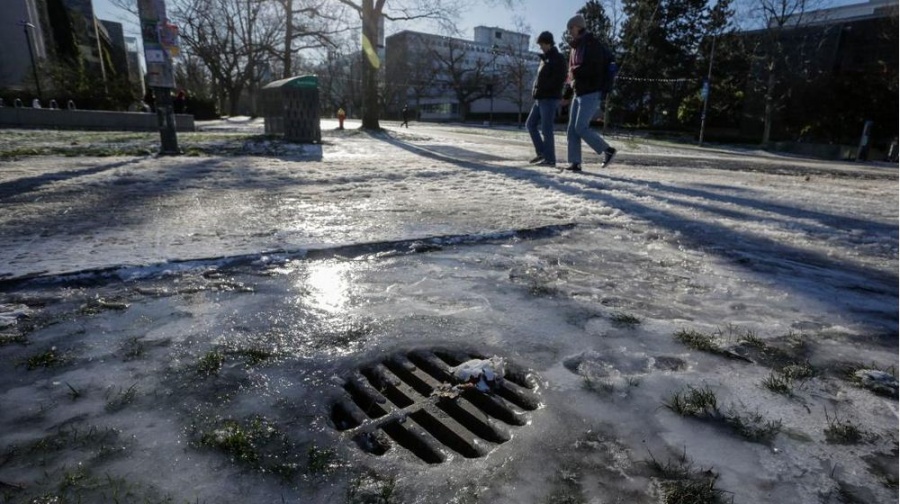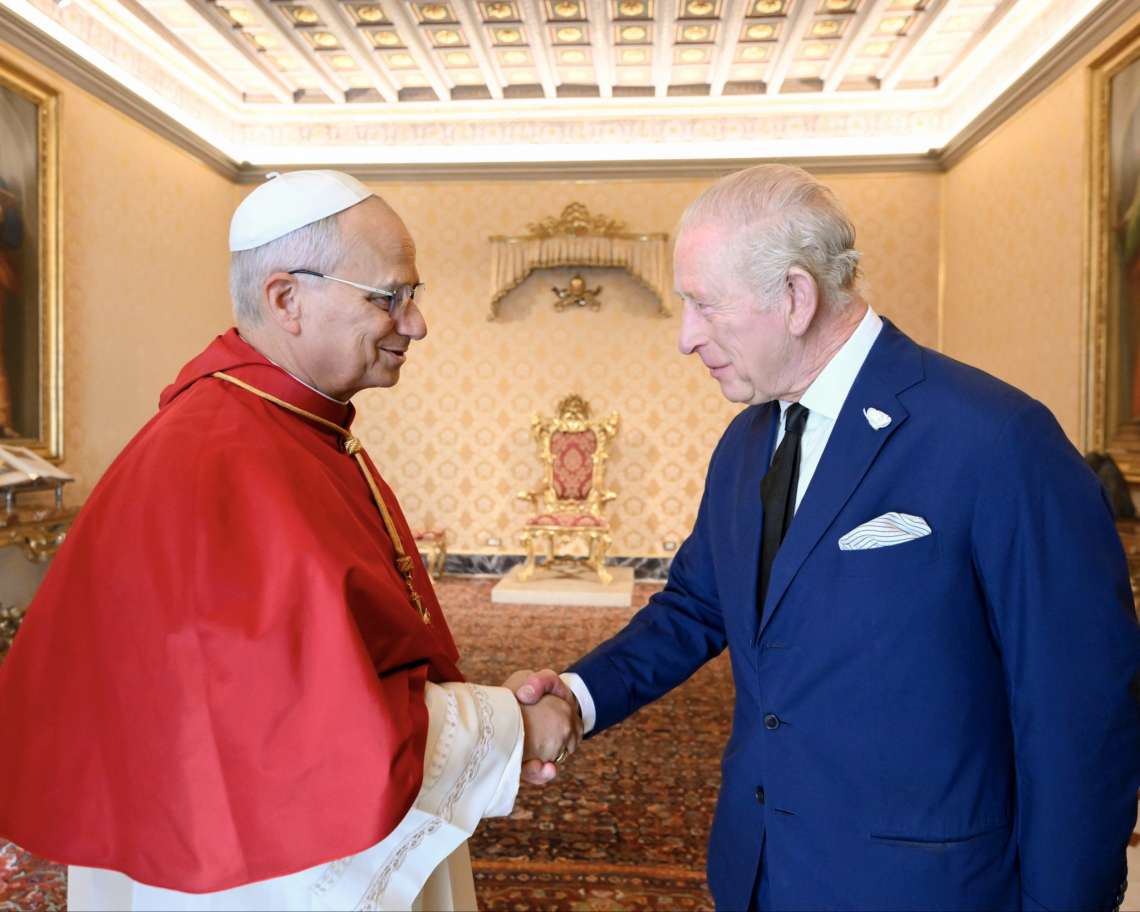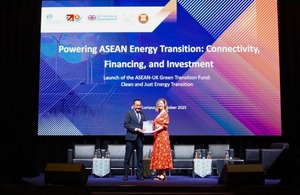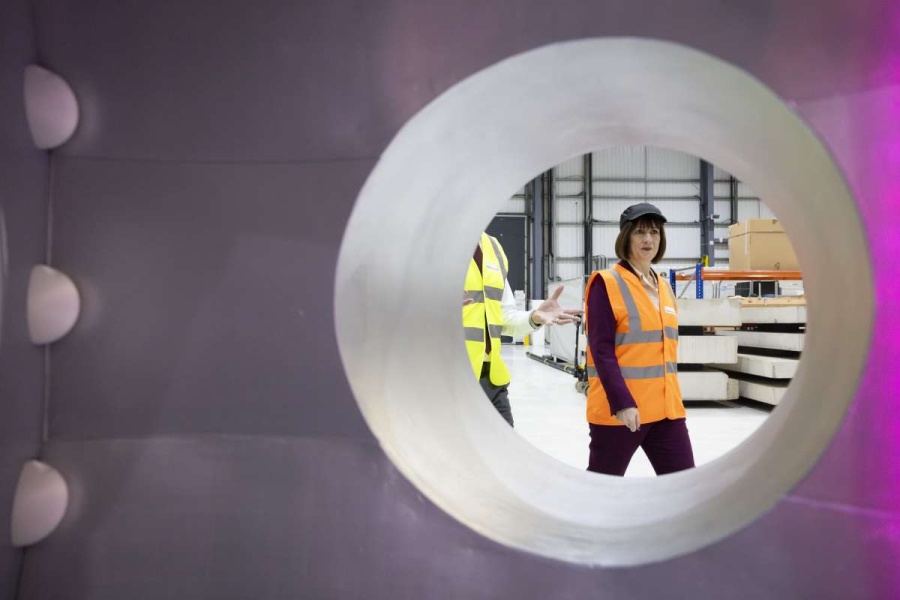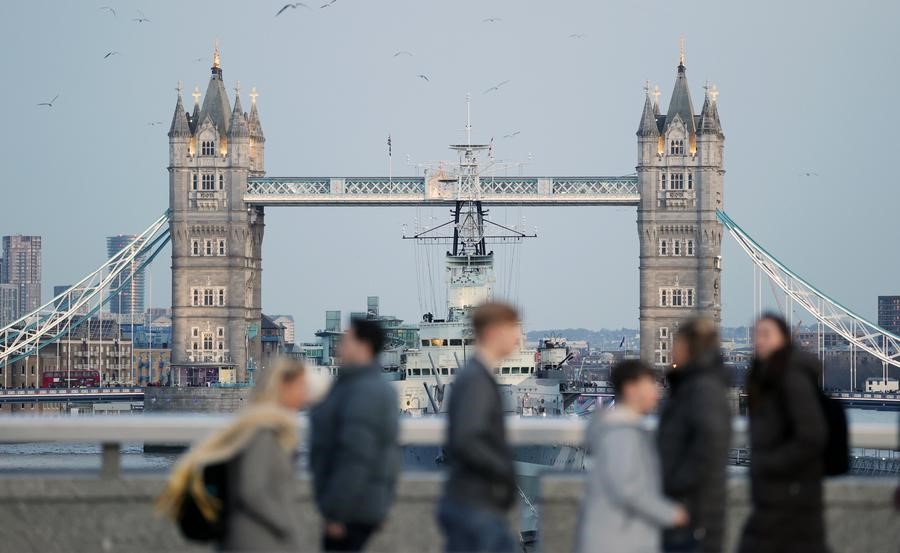The analysis was published in a letter from Liz Kendall, the work and pensions secretary, on Tuesday, just as temperatures plunged and parts of the UK experienced their first snowfall of the year….reports Asian Lite News
Cuts to the winter fuel allowance could force 100,000 pensioners in England and Wales into relative fuel poverty, government analysis has shown, as ministers come under mounting pressure over measures in last month’s budget.
Internal government modelling shows the decision to remove the benefit from millions of pensioners will push about 50,000 more people into relative poverty next year, and another 50,000 by the end of the decade.
The figures, which are rounded to the nearest 50,000, take into account the impact of housing costs, but not of thousands more people claiming pension credit since a government campaign earlier this year.
The analysis was published in a letter from Liz Kendall, the work and pensions secretary, on Tuesday, just as temperatures plunged and parts of the UK experienced their first snowfall of the year. The letter also coincided with a large-scale protest by farmers in Westminster, with thousands turning up to demonstrate against a rise in inheritance tax for agricultural properties.
Kendall said in her letter to Debbie Abrahams, the Labour chair of the work and pensions select committee: “Means-testing winter fuel payments was not a decision this government wanted or expected to take. However, we were forced to take difficult decisions to balance the books in light of the £22bn black hole we inherited.”
She added: “Given the dire state of the public finances, it’s right that we target support to those who need it most while we continue our work to fix the foundations and stabilise the economy.”
Keir Starmer, speaking to reporters at the G20 in Rio, said: “We’ve had a campaign to drive up pension credit, to get more pensioners on to pension credit, which obviously is not only a guarantee of the winter fuel allowance, but also gives the credit itself. So there’s an additional benefit there.”
He also claimed the tax rises and spending cuts in the budget had allowed Labour to raise the state pension by about £470, even though the party promised to do so in its election manifesto. He said: “Pensioners will be better off because we’ve stabilised the economy.”
Abrahams said: “We remain concerned by the impact that restricting winter fuel payments might have on poorer pensioners. We’ll be watching the issue closely.”
Ministers have been under pressure for months to explain the full impact of the winter fuel cuts, which the chancellor, Rachel Reeves, announced in July after identifying what she said was a £22bn hole in the public finances.
Reeves said at the time that the allowance would go only to those on pension credit, reducing the number of eligible people from 11.4 million to 1.5 million. Those who have lost the benefit will be feeling the impact from this month, when the first winter payments are made.
Downing Street admitted in September it had not done an impact assessment before making the change, although Labour said in opposition that such a move would lead to the deaths of 4,000 people. Kendall’s letter on Tuesday marks the government’s first attempt to quantify how many pensioners will be seriously affected.
The analysis shows that by 2030, 1% of those who have lost their allowance are likely to be pushed into relative poverty – defined as households with less than 60% of that year’s median income. This will have the effect of putting up the relative pensioner poverty rate by 0.6 percentage points.
Only half that number will be force into absolute poverty, however, defined as households with less than 60% of the median income of 2010/11.
The cuts to winter fuel allowance are unpopular with Labour MPs and supporters. One MP defied Labour whips to vote against the cut in September, while another 12 missed the vote without permission. Later that month, party members voted for a motion calling on ministers to reverse it.
The Scottish Labour leader, Anas Sarwar, pledged to reinstate payments in Scotland should his party win the 2026 Holyrood election, saying it would mean a “fairer system” for Scotland and show the public that “we have listened”.
The pledge comes days before another set of council byelections in Glasgow and after polling suggesting the unpopularity of UK government policies is harming Scottish Labour’s vote. At the general election Scottish Labour was well ahead of the SNP, but that lead has collapsed.
Sarwar said he had been “clear from the outset” that he thought Reeve’s pension credit threshold was too low and that he planned to reintroduce a universal payment for all pensioners, but tapered like child benefit is so that wealthier people receive less.
ALSO READ: IOD Signs MoU With UKABC


